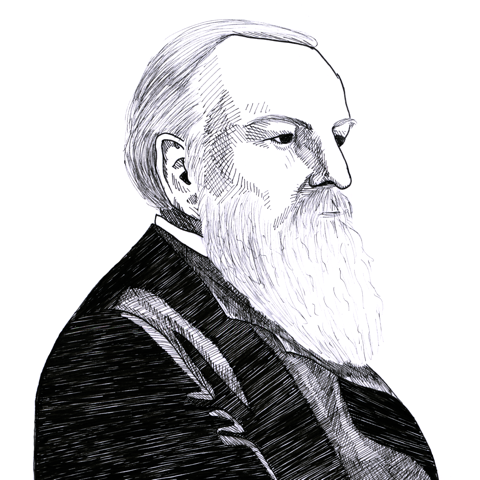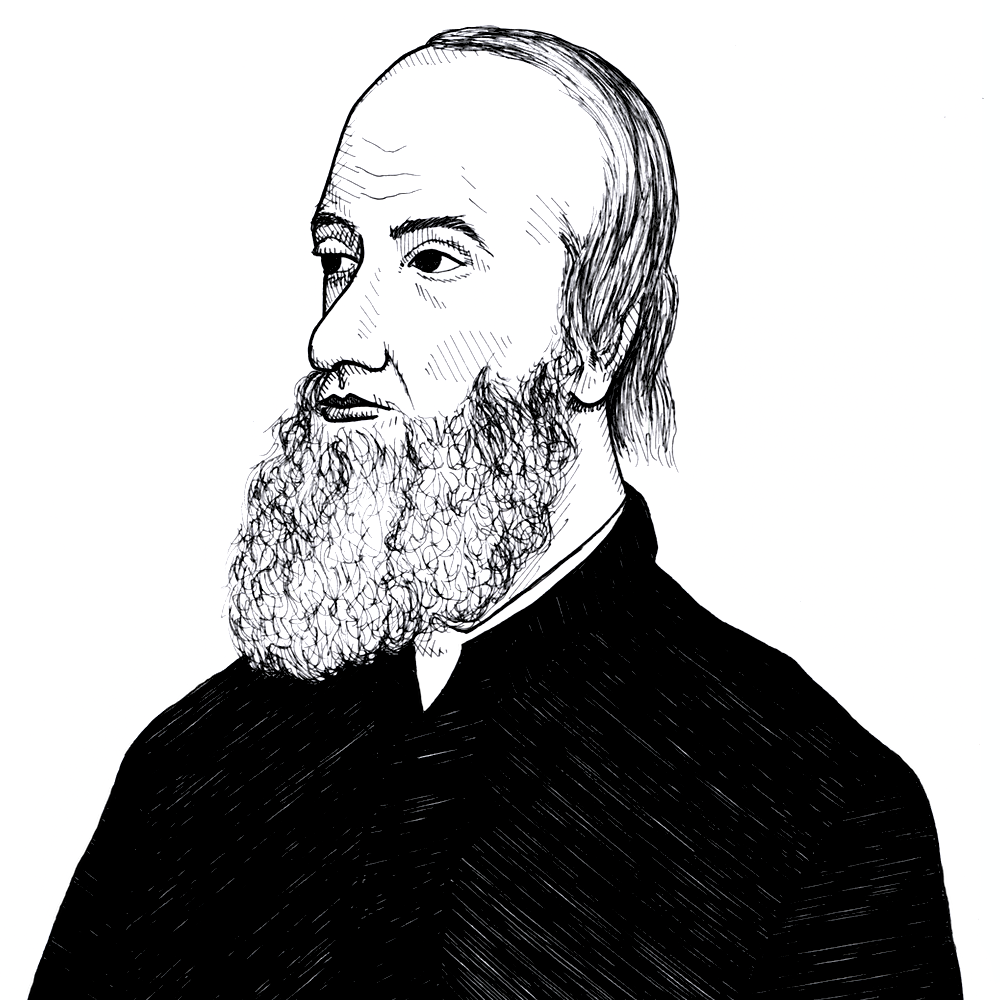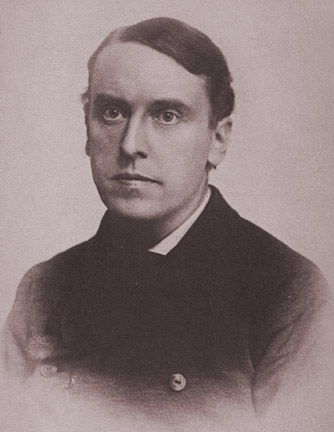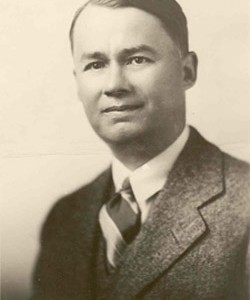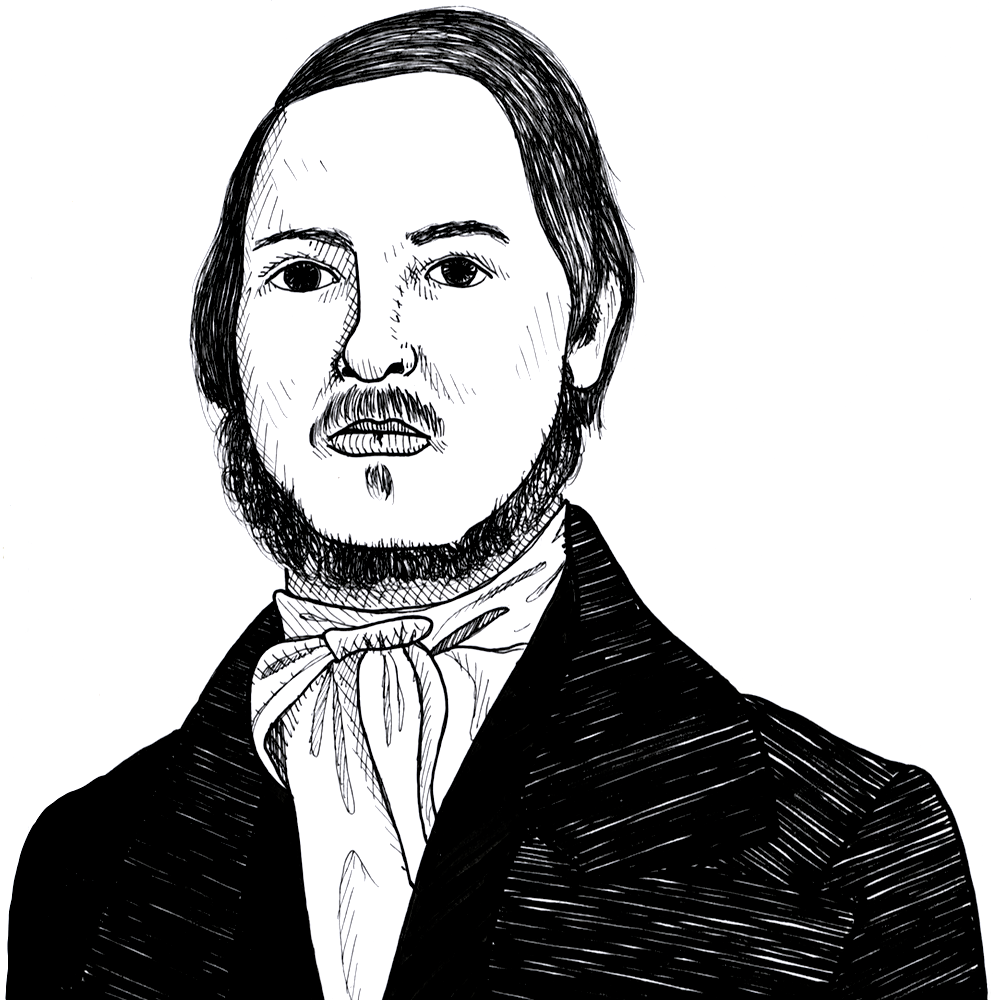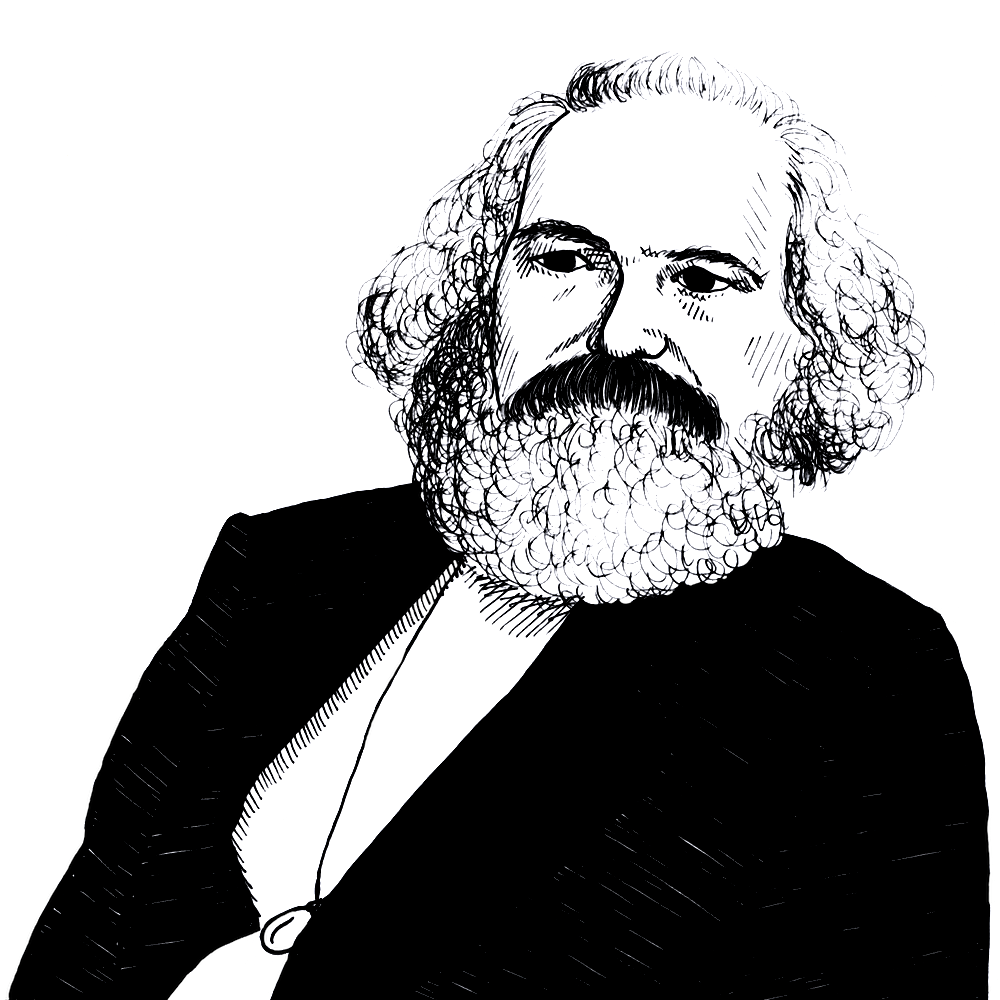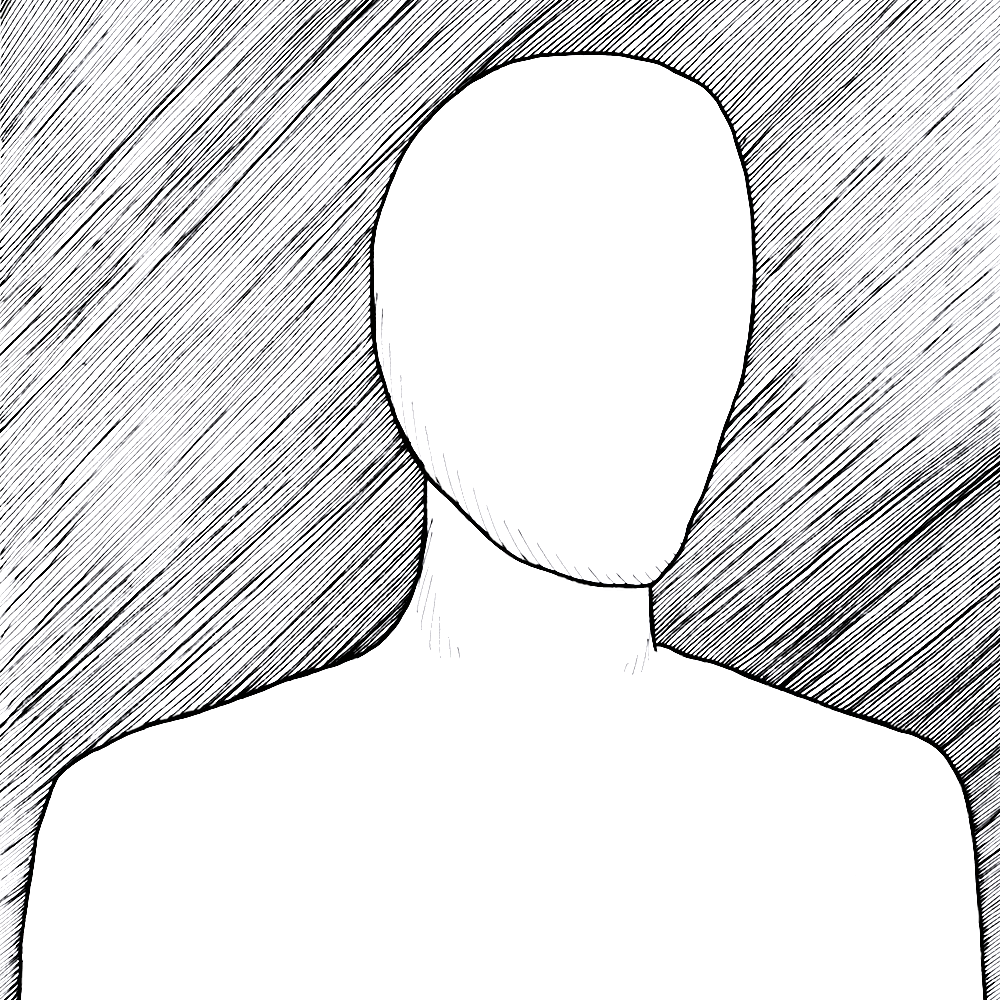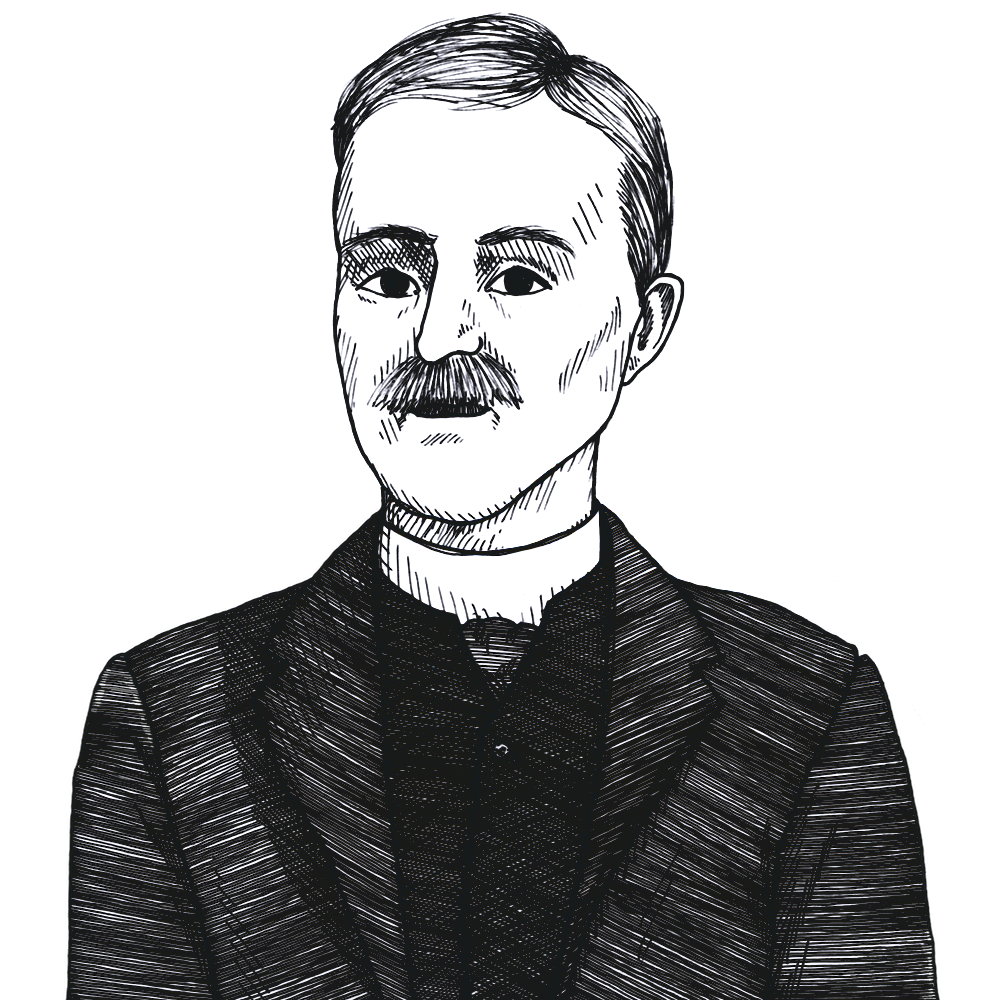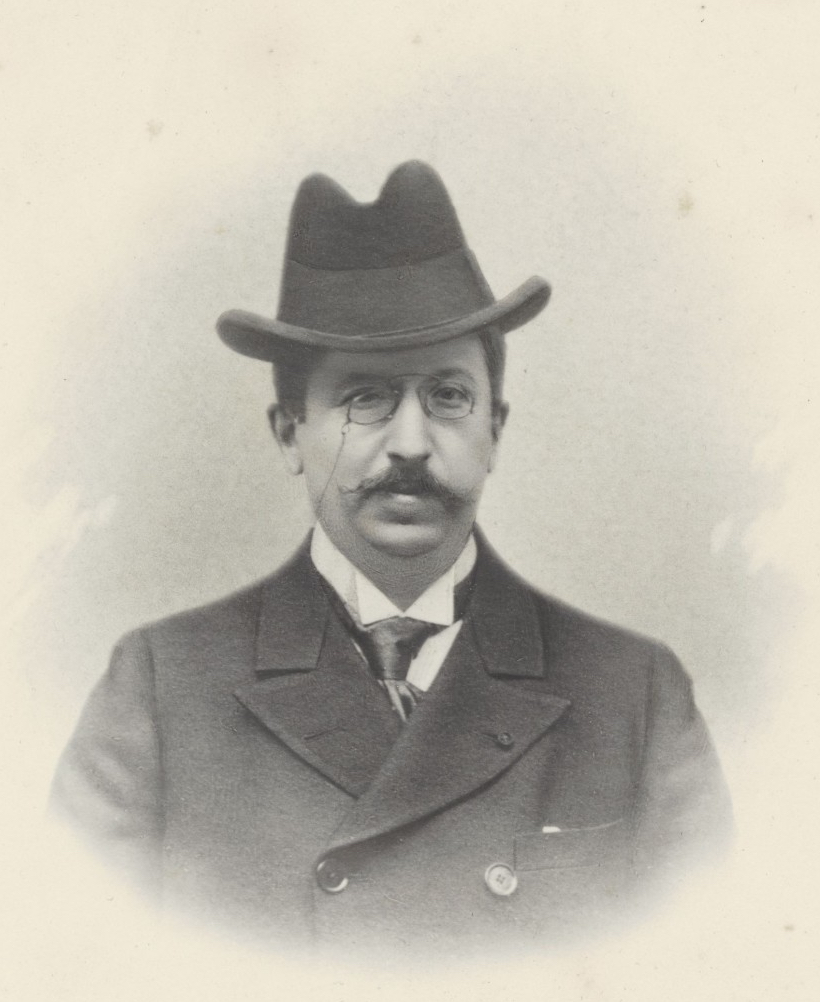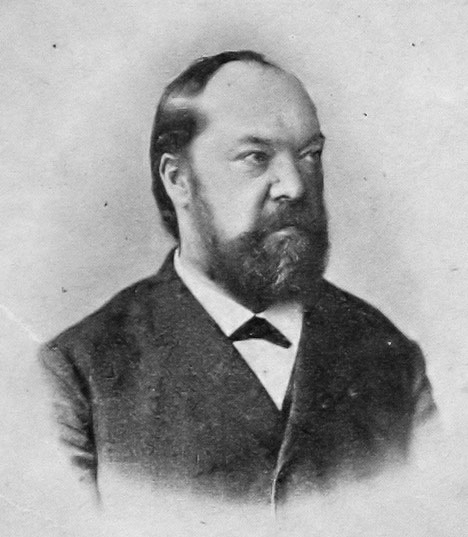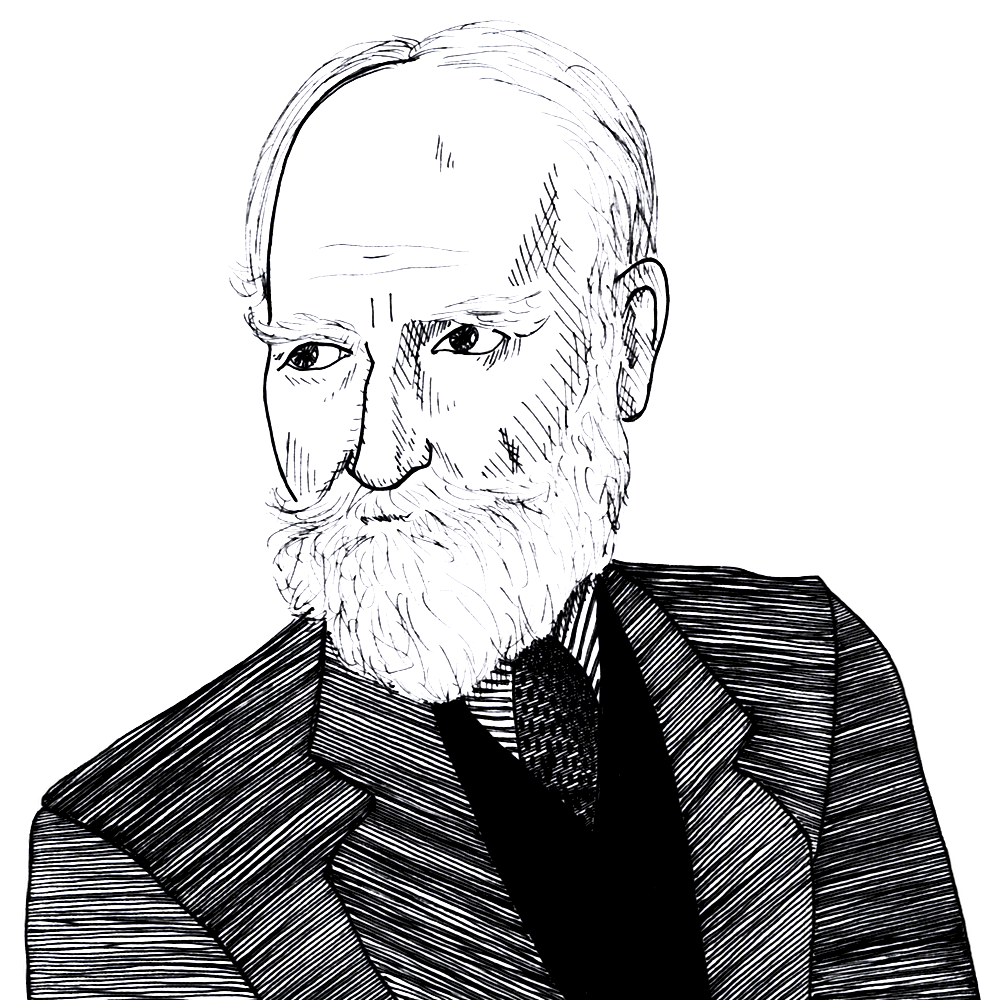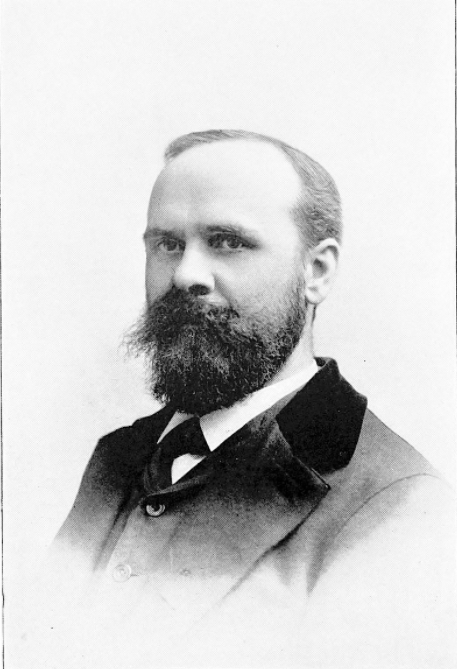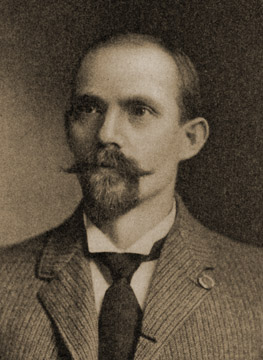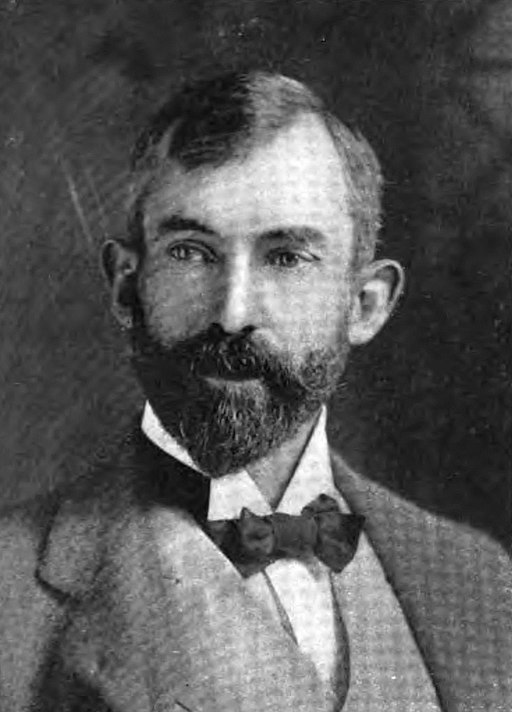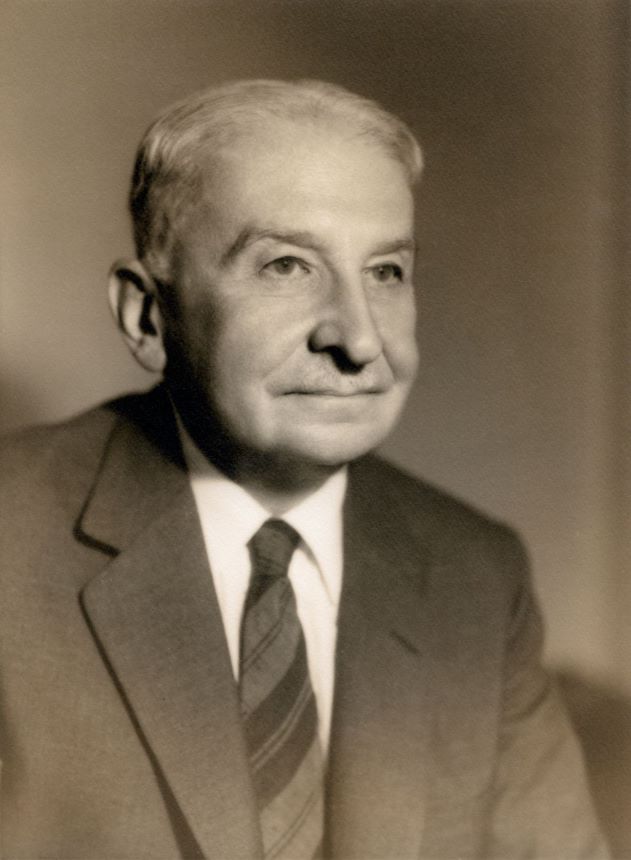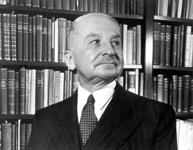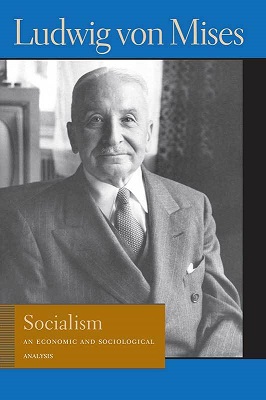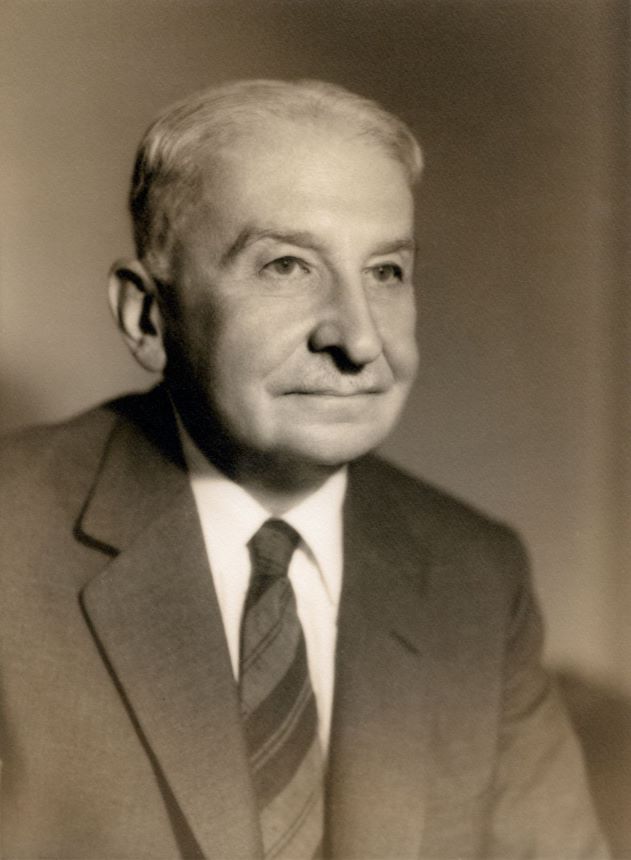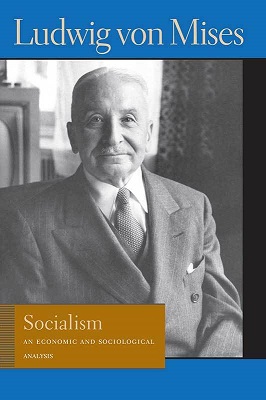Socialism
About this Collection
The modern form of socialism emerged in Britain, France and Germany in the 1830s and 1840s and has continued to evolve ever since. Various strands make up the socialist school of thought including voluntary socialists who wished to set up communities where socialism could be put into practice among the members (such as Robert Owen), revolutionary socialism or Marxism which advocated the seizure of political and economic power by force in order to impose nation-wide socialism, and Fabian socialism or parliamentary socialism (or labourism in the British context) where socialist legislation would be gradually passed by means of the parliamentary system (George Bernard Shaw).
Key People
Titles & Essays
Quotes
Socialism & Interventionism
Alexis de Tocqueville stood up in the Constituent Assembly to criticize socialism as a violation of human nature, property rights, and individual liberty (1848)
Odds & Ends
Edward Robertson points out the bureaucratic blundering and inefficiency of the Postal Monopoly during the Christmas rush period (1891)
Socialism & Interventionism
Frédéric Bastiat argues that socialism hides its true plunderous nature under a facade of nice sounding words like “fraternity” and “equality” (1850)
Odds & Ends
Frederick Millar is upset that especially at Christmas time the bad effects of the letter-carrying monopoly of the Post Office are felt by the public (1891)
Socialism & Interventionism
John Strachey on why Socialism harms the poor instead of helping them (1894)
Socialism & Interventionism
Karl Marx on the necessary task the “bourgeoisie” was doing in putting an end to “feudal and patriarchal relations” (1848)
Socialism & Interventionism
Ludwig von Mises on the impossibility of rational economic planning under Socialism (1922)
Socialism & Interventionism
Mill on the dangers of the state turning men into “docile instruments” of its will (1859)
Socialism & Interventionism
Mises on “interventionism” as a third way between the free market and socialism (1930)
Socialism & Interventionism
Mises on how price controls lead to socialism (1944)
Socialism & Interventionism
Mises states that it is the division of labor which makes man truly “social” or “communal” (1922)
Socialism & Interventionism
Molinari appeals to socialists to join him in marching down “the broad, well-trodden highway of liberty” (1848)
Property Rights
Molinari defends the right to property against the socialists who want to overthrow it, and the conservatives who defend it poorly (1849)
Rhetoric of Liberty
Molinari on mankind’s never-ending struggle for liberty (1849)
Politics & Liberty
The Australian radical liberal Bruce Smith lays down some very strict rules which should govern the actions of any legislator (1887)
Property Rights
Thomas Hodgskin argues for a Lockean notion of the right to property (“natural”) and against the Benthamite notion that property rights are created by the state (“artificial”) (1832)
Presidents, Kings, Tyrants, & Despots
Thomas Hodgskin wonders how despotism comes to a country and concludes that the “first step” taken towards despotism gives it the power to take a second and a third - hence it must be stopped in its tracks at the very first sign (1813)
Law
Tiedeman states that the police powers under the constitution are strictly limited to enforcing the maxim: “use your own property in such a manner as not to injure that of another” (1886)
Free Trade
Yves Guyot accuses all those who seek Protection from foreign competition of being “Socialists” (1893)
Socialism & Interventionism
Yves Guyot on the violence and lawlessness inherent in socialism (1910)
Class
Yves Guyot warns that a new ruling class of managers and officials will emerge in the supposedly “classless” socialist society of the future (1908)
Notes About This Collection
For more information see:
- Alexander Gray, The Socialist Tradition: Moses to Lenin (London: Spottiswoode, Ballantyne & Co., 1963).
- H.B. Acton, The Illusion of the Epoch: Marxism-Leninism as a Philosophical Creed (Indianapolis: Liberty Fund, 2003).
- [Ludwig von Mises, Socialism: An Economic and Sociological
Analysis, trans.
- Kahane (Indianapolis: Liberty Fund, 1981)](/titles/mises-socialism-an-economic-and-sociological-analysis).
